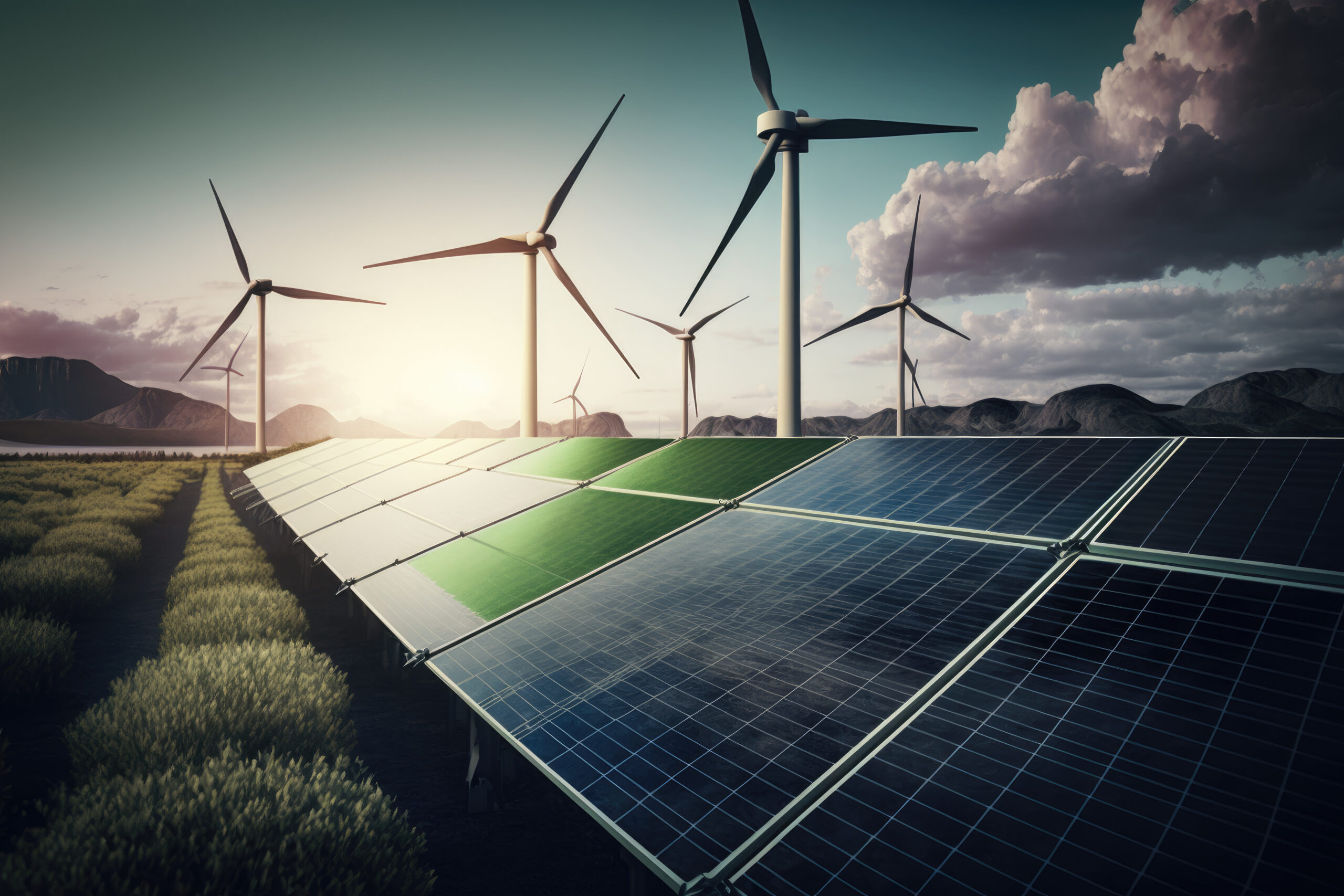The world is undergoing a significant transformation in the way we generate and consume energy. With the growing urgency to address climate change and reduce dependence on fossil fuels, renewable energy sources have emerged as a vital solution. In this pursuit, micro-grids have emerged as a promising and innovative approach to facilitate the integration of renewable energy into our daily lives.
This blog post explores the concept of micro-grids from the perspective of renewable energy, shedding light on their potential and the role they play in shaping a sustainable future.
What are Microgrids?
Microgrids are localised, self-contained energy systems that can operate independently or in coordination with the main power grid.
They consist of small-scale power generation sources, such as solar panels, wind turbines, or small generators, combined with energy storage systems.
Microgrids serve specific areas, such as neighbourhoods, campuses, or industrial complexes, providing reliable and resilient electricity supply.
They offer various benefits, including increased energy efficiency, reduced transmission losses, enhanced grid stability, and the ability to integrate renewable energy sources effectively.
The Future Will Be Decentralised
- A recent report by Spherical Insights showed the global microgrid market is projected to reach a valuation of $30.9 billion by 2025, growing at a compound annual growth rate (CAGR) of 12.6% from 2020 to 2025.
- Micro-grids are particularly crucial in rural areas and developing regions where access to centralised power grids is limited. It is estimated that around 840 million people worldwide still lack access to electricity, and micro-grids offer a viable solution to address this energy poverty.
- The integration of renewable energy sources into micro-grids promotes energy resilience and reliability. In the face of extreme weather events or natural disasters, micro-grids can function independently and continue to provide power to critical infrastructure, ensuring continuity of essential services.
- Micro-grids enable local communities to become self-sufficient in their energy needs. By harnessing renewable sources like solar, wind, or hydro, micro-grids reduce reliance on centralised fossil fuel power plants, promoting energy independence and reducing greenhouse gas emissions.
More Advantages to Micro-Grids
– Local Communities: Microgrids provide reliable energy supply to communities, ensuring uninterrupted electricity for critical facilities and enhancing resilience.
– Businesses and Industrial Complexes: Microgrids offer enhanced energy reliability, reducing production disruptions and helping businesses optimise energy usage and align with sustainability goals.
– Remote and Off-Grid Areas: Microgrids enable localised energy systems in remote areas, improving access to electricity and supporting economic development.
– Renewable Energy Integration: Microgrids facilitate the integration of renewable energy sources, reducing emissions and dependence on fossil fuels.
– Grid Operators and Utilities: Microgrids support the stability of the main power grid by balancing supply and demand, reducing strain on transmission lines, and providing grid support services.
A Better Tomorrow With Micro-Grids
Micro-grids hold immense potential to accelerate the transition towards a sustainable energy future. As renewable energy technologies continue to advance, their integration into micro-grids becomes more viable and cost-effective. The ability to generate, store, and distribute clean energy at the local level empowers communities, promotes energy resilience, and reduces greenhouse gas emissions.
In the coming years, we can expect to witness an upsurge in micro-grid installations, driven by the declining costs of renewable energy technologies, supportive policies, and increasing awareness about the environmental benefits of clean energy. Additionally, advancements in digitalisation, energy management systems, and storage technologies will further enhance the capabilities of micro-grids, making them even more efficient and reliable.
Governments, businesses, and communities worldwide must recognise the significance of micro-grids and invest in their development. By fostering innovation, collaboration, and sustainable practices, we can establish a decentralised energy landscape that not only reduces our carbon footprint but also empowers local communities and creates a more resilient and sustainable future for generations to come.











